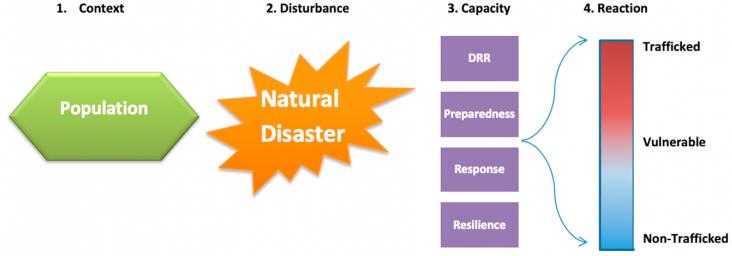This article synthesizes recent empirical literature on human mobility linked to slow-onset impacts of climate change.
The multifaceted relationships that exist between communities and the environment in Fiji are increasingly threatened by the cross-temporal impacts of climate change.
Droughts are significant drivers of land degradation, which in turn has adverse effects on resource-dependent rural populations and can potentially lead to livelihood losses and subsequent migratio
A research paper, in support of SDG 3 and 10, documenting the sociodemographic factors and distribution of cofactors associated with hepatocellular carcinoma in Indigenous Australians.
Protected areas have become a vital component of the global biodiversity conservation strategy due to the increasing extinction and vulnerability of different species in the 21st century. In Ghana, besides the shared governance of protected area management, there also exists the governance by indigenous community models in which traditional structures (clans and stools) use taboos, deities, totems, and myths as tools in managing protected areas. To study the effectiveness of the various governance systems in protected area management, we compared species diversity, vegetation structure, and biomass stock of an area under shared governance (wildlife sanctuary) to communal governance (sacred grove).
The inclusion of people with intellectual disability in cultural and civic activities is an important point for discussion, particularly in the context of supporting the social sustainability of our l
Background: Half of the world's missing female births occur in India, due to sex-selective abortion.

Thailand's flood of 2011 was devastating for the communities and inhabitants of the country, affecting approximately 13 million people and causing damages totaling THB 1.43 trillion (46.5 billion USD)
Background: Genomic medicine has led to significant advancements in the prevention and treatment of cancer.
